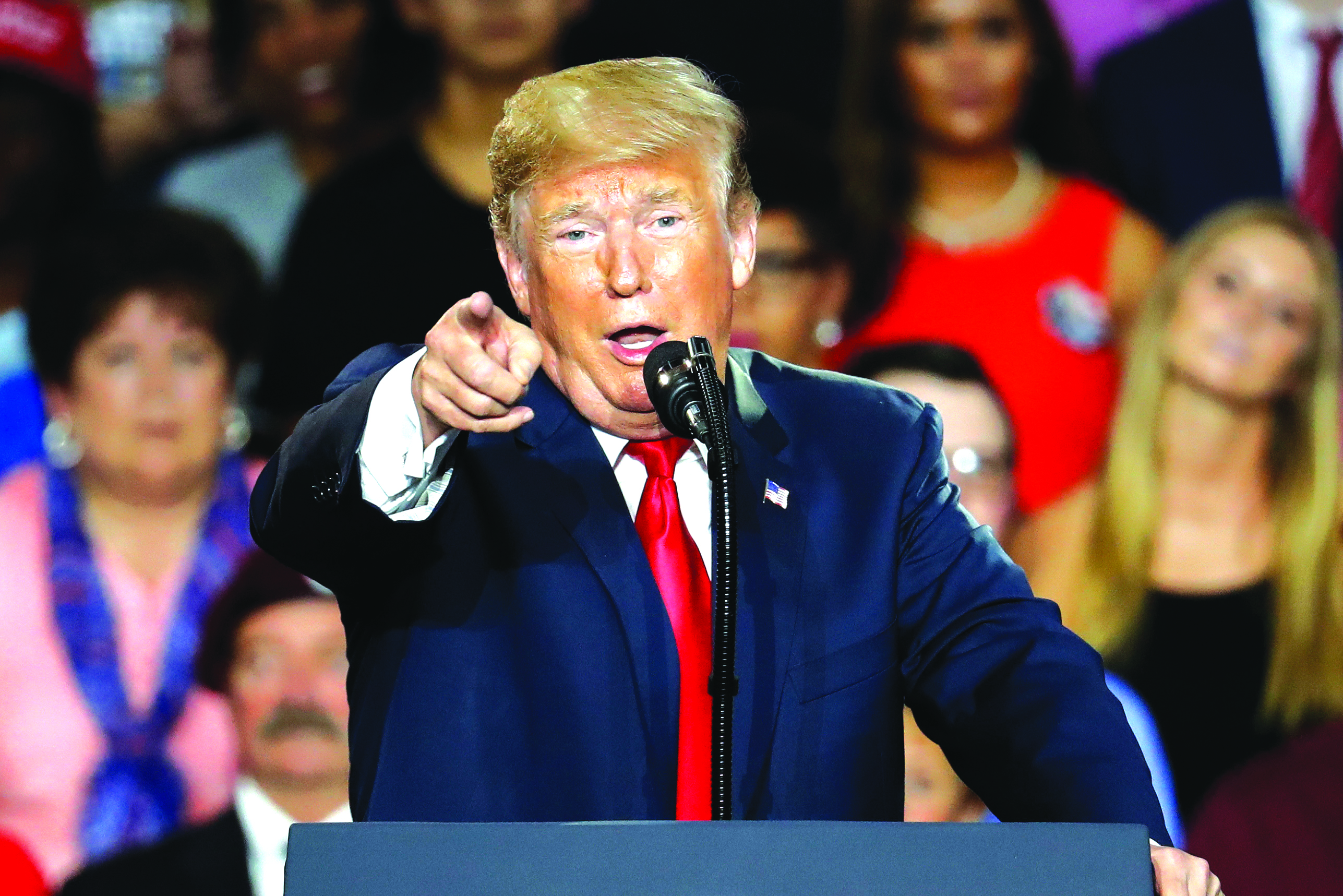Pro bono barrister: It’s risky business defending an impeached president
Former Brooklyn Law School Dean Nick Allard views challenges ahead

(Columnist’s Note: With all kinds of essayists and TV talking heads calling for the impeachment of President Donald Trump for “high crimes and misdemeanors” or worse, we are pleased to bring to the discussion the informed and insightful views of one of our nation’s most respected lawyers, Nick Allard, the former dean of Brooklyn Law School. This piece appeared recently in The Hill.)
“The Republican Party faces substantial political risks standing by President Trump during the impeachment inquiry and whatever may result from it. That is why it is now imaginable that a significant number might eventually break ranks and join Democrats in concluding that he is unfit for office. On the other hand, if the House votes to impeach based on a clear articulation of compelling evidence, but the Republican-controlled Senate along a party line vote then fails to convict, it is likely that there will be serious consequences for Republicans in the 2020 election.
“This prediction is supported by growing nonpartisan concern over cascading new revelations, the behavior of the president and by the already known facts and self-incriminating admissions by the president and his enablers.

Brooklyn Boro
View MoreNew York City’s most populous borough, Brooklyn, is home to nearly 2.6 million residents. If Brooklyn were an independent city it would be the fourth largest city in the United States. While Brooklyn has become the epitome of ‘cool and hip’ in recent years, for those that were born here, raised families here and improved communities over the years, Brooklyn has never been ‘uncool’.